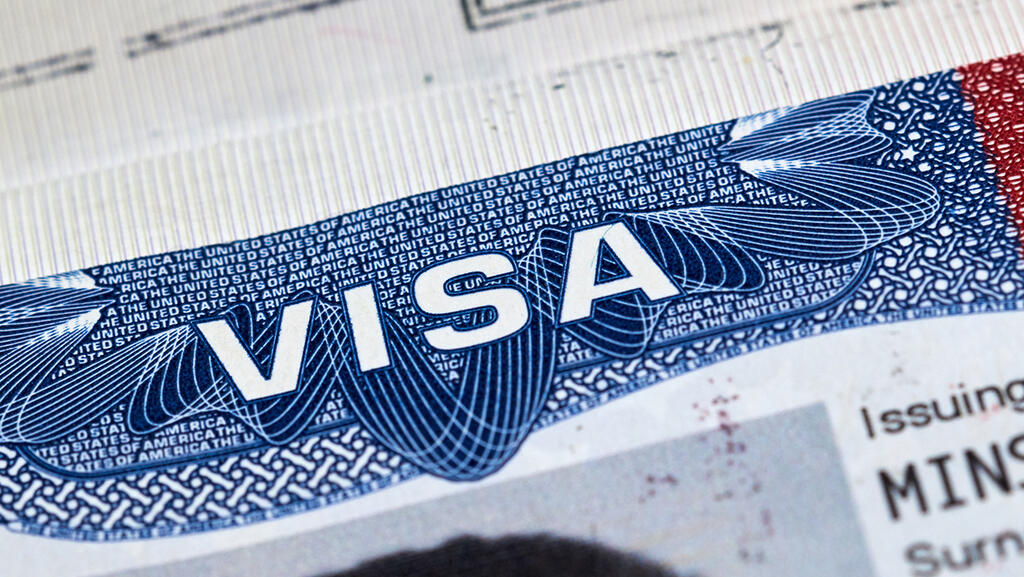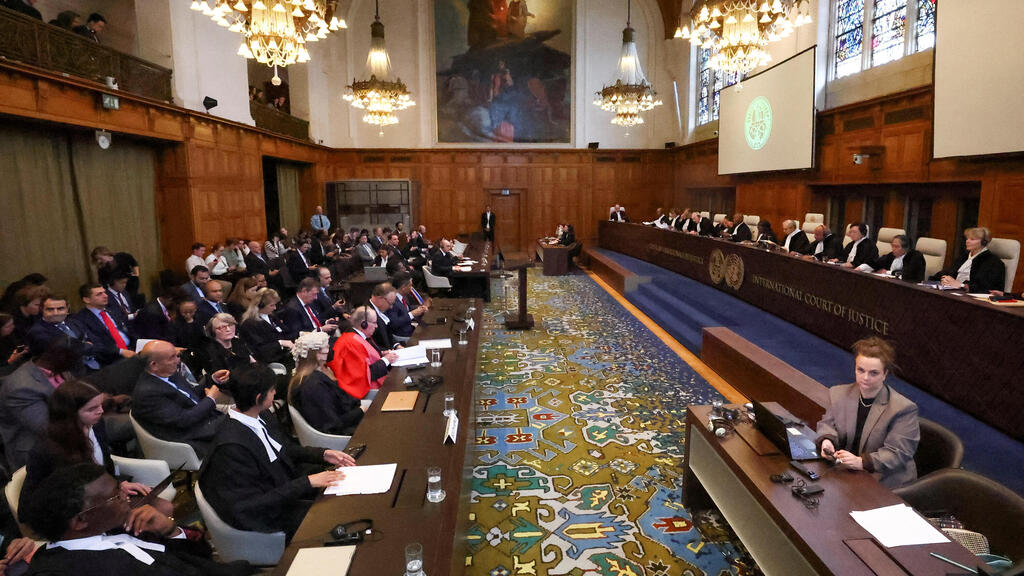Getting your Trinity Audio player ready...
Yuval, a senior manager at a high-tech company in Silicon Valley in the U.S., was happy to receive a letter from the U.S. Immigration Authority last week regarding his application for a green card, which confers permanent residency status. However, the content of the letter was surprising. "In your application form you stated that you served in the Israel Defense Forces between 2005-2008. You must provide us with additional information about your military service so that we can make a final decision on your case," the letter read.
"You must submit an affidavit under oath, describing your military service," the letter continued. "As part of this affidavit, the following questions must be addressed: Did you participate as a combatant in battles during your military service? If so, please describe your activity/role in these battles; Did you command soldiers in the army? If yes, please describe the aspects of your command; Have you ever guarded (or commanded others to guard) detainees? Did you use explosives during your military service? If so, detail the types of weapons or explosives you were trained on."
"Have you ever actually used weapons or explosives? If so, what weapons or explosives did you use? How did you use weapons or explosives? On how many occasions did you use weapons or explosives? How often did you use weapons or explosives? Did you use a weapon and/or an explosive against another person? If so, the circumstances must be detailed, and explain why you used a weapon and/or an explosive against another person/people."
2 View gallery


Israelis applying for a green card or visa to remain in the United States will have to answer questions about their IDF service
(Photo: Shutterstock)
If Yuval does not produce the affidavit with answers that satisfy the immigration authority within 87 days, he can be expected to be deported from the U.S.
The requirement to give U.S. authorities details about military service is not new. Generic questions about military service appear on the standard application forms for tourist, student, work and other visas, and apply to citizens of all countries.
"In order to get the work visa two years ago, I answered questions about my military service, so they know that I was released 16 years ago after a rather banal service," Yuval says. "But these new questions - I am shocked. I feel as if questions were copied From the Office of the Chief Prosecutor of the International Criminal Court in The Hague."
According to attorney Liam Schwartz, head of the Labor and Corporate Immigration Department at the Tel Aviv-based law firm of Goldfarb, Seligman, the U.S. Immigration Authority is now applying a new policy on Israelis, under which they must be questioned about their military service - both present and past.
"An investigation that seeks explanations about how, when and why weapons and/or explosives were used against another person is intended to understand if you have committed war crimes. A question regarding the custody of detainees is intended to 'catch' the military personnel and police officers who participated in the arrests in the West Bank. A demand for information regarding the active participation as a combatant in battles may also be used by the authorities for the purpose of formulating their position in relation to acts defined as genocide."
Schwartz added: "The U.S. Immigration Authority has the authority to issue permits to foreign citizens, whether they are workers, students or the spouses of Americans. The new policy of the Immigration Authority is extremely worrisome and its impact on Israelis could be broad in areas such as relocation for work, academic degree studies and family reunification."
Those who apply for visas at a U.S. embassy outside Israel may also be exposed to an unpleasant experience. Revital, who traveled to Europe in February after four months of IDF reserve duty, decided to continue the trip in the U.S. She applied for a tourist visa at a U.S. consulate in Western Europe, and underwent an interview.
2 View gallery


It felt like the questions were copied from the Office of the Chief Prosecutor of the International Criminal Court in The Hague
(Photo: Reuters)
"I was in an interview that lasted more than half an hour, and all the questions referred to my combat service," Revital explains. "The interviewer was very curious about my training and skills in weapons and explosives, and wanted to know details about the reserves in Gaza. In the end, the guy left the service window for about 10 minutes, I could see he was talking passionately with someone else. He returned, handed me my passport, and said 'you are not eligible for a visa today' and closed the window blinds."
For an Israeli applying for a green card or a visa, there is no escape from cooperating with U.S. authorities regarding military service, Schwartz says. However, the State of Israel also has laws regarding maintaining the confidentiality of military information. This means it might be better to just pack up and leave, according to the attorney.
Recently, even Israelis who make declarations to customs officials as they enter the U.S. may undergo unusual checks. Ofer, VP of North American Marketing for a real estate company, defines himself as "someone who lives on the seam between Tel Aviv and the U.S." Two weeks ago, upon his arrival at the airport in Los Angeles, he was unexpectedly asked to go to another room for further interrogation after presenting his Israeli passport.
"They opened my laptop," said Ofer. "They looked up a Google Chrome account with the name of my unit and called an interpreter. There was nothing classified there - just correspondence about the unit's treatment of evacuees from several localities. It's just that there was a lot of such correspondence. I sat for four hours until they decided I could collect my things and leave. In the meantime, I missed the connecting flight, and I waited another six hours until the next flight. I travel so much to the US, I have never been bullied like this for being an Israeli."


